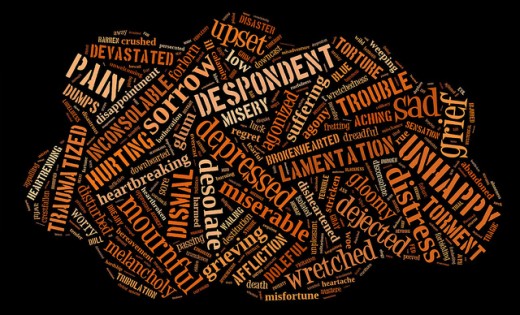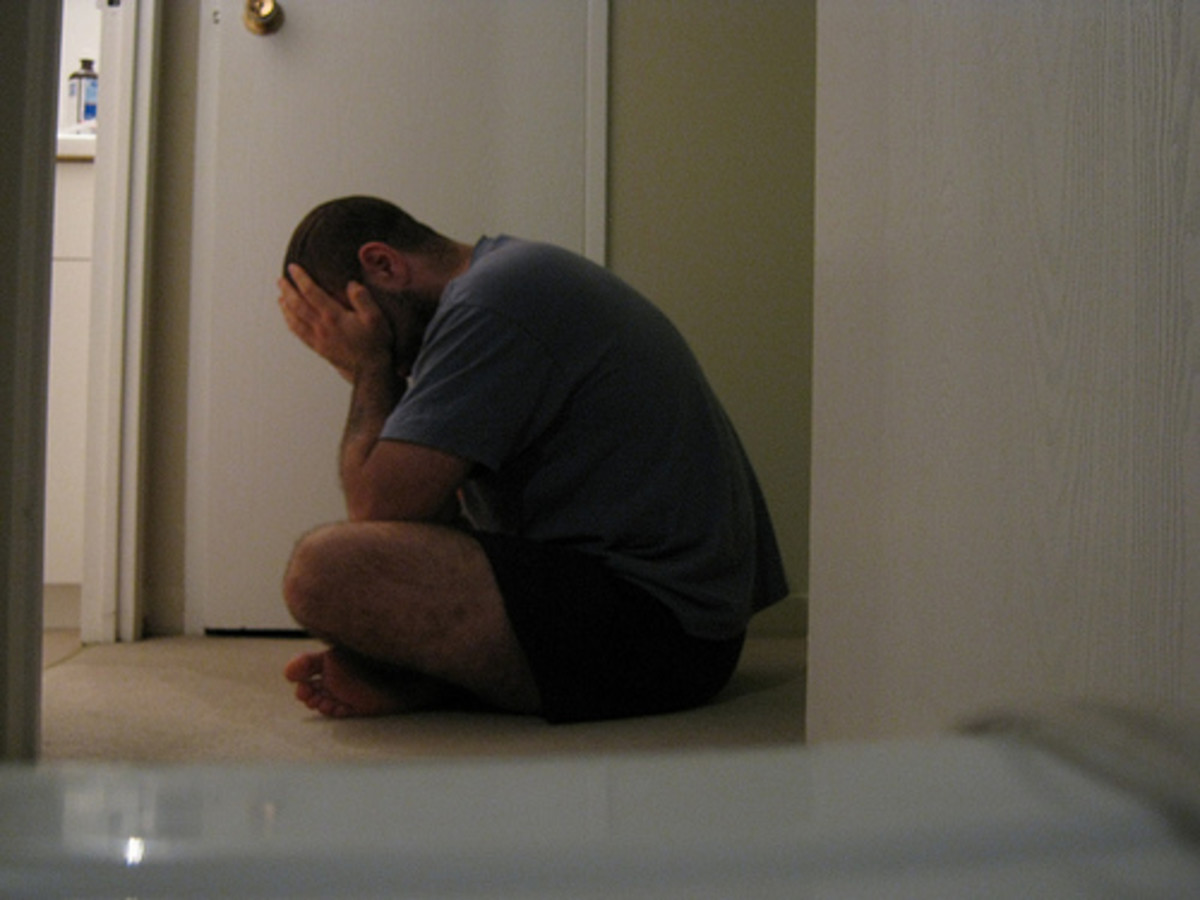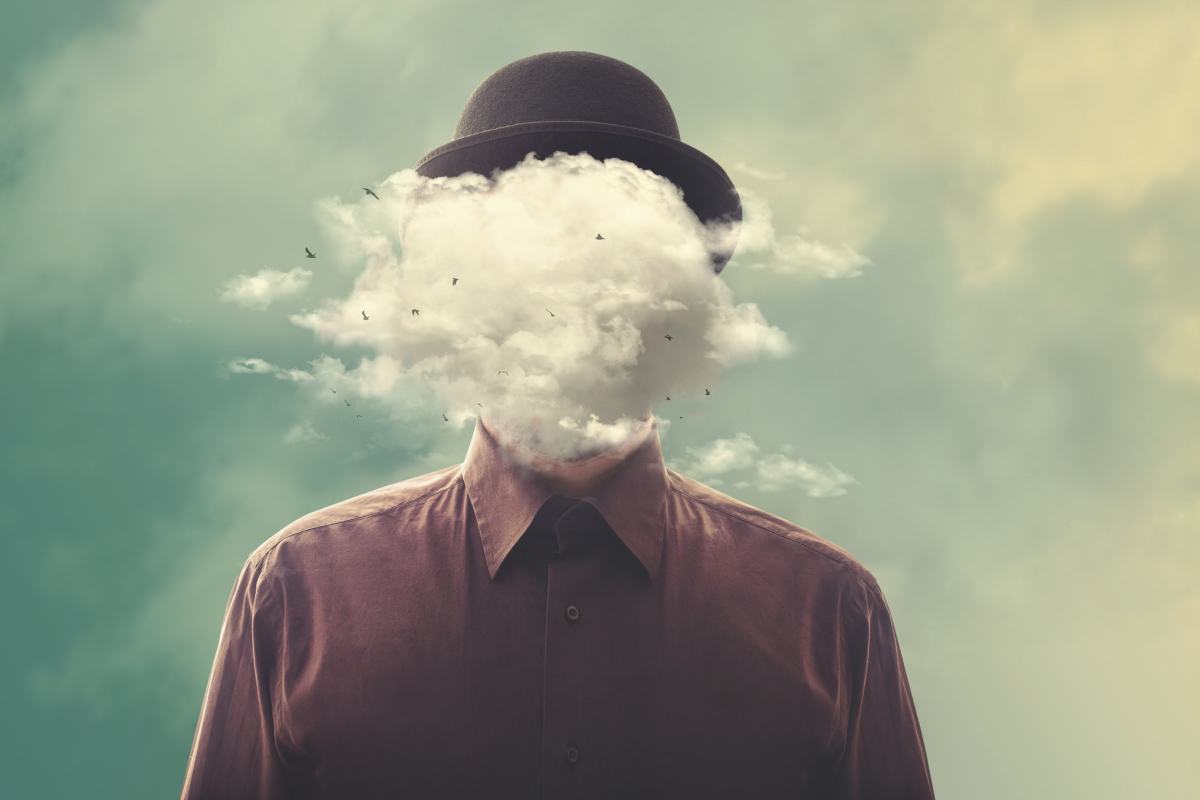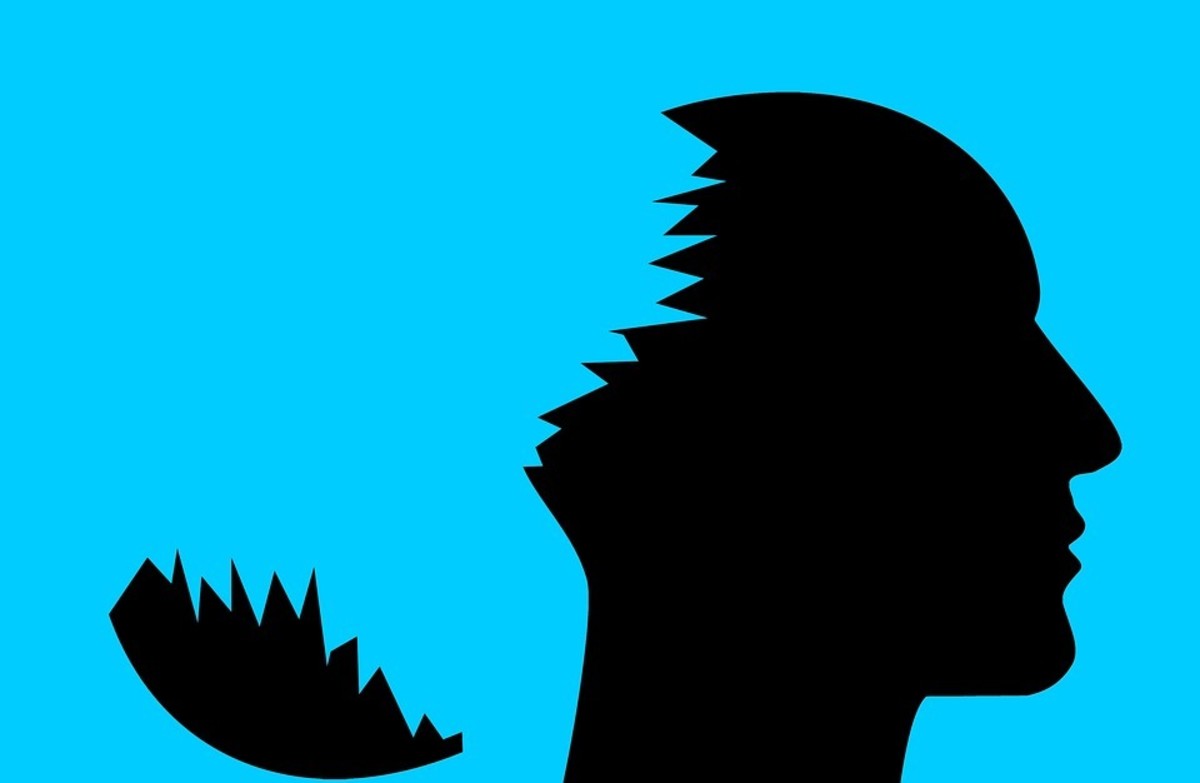Postpartum Depression Treatment
Postpartum Depression Treatment

Postpartum Depression Treatment
Postpartum Depressive Disorders are moderate to severe depressive disorder within a mother following given birth to her baby. It could take place shortly after delivery or can extend up to a year after giving birth. Quite often, it happens while in the initial three months following delivery. Fifteen percent of new mothers are impacted with this disorder.
The number one complication of having a baby is Postpartum Depression Disorder and is now recognized worldwide. Postpartum Depressive Disorders are an elaborate combination of neurological, psychological, and personality changes.
No matter if you happen to be a new mother or a know a new mother, it really is crucial to understand the signs and symptoms. The number one danger point for Postpartum Depressive Disorders is depression symptoms throughout being pregnant so if a pregnant mother feels depressed in the course of her being pregnant she should let her doctor know in order to start treatment.
Tyra Banks Show - Postpartum Depression
Postpartum Depression Treatment
Signs and symptoms range from light to significant and might show up within just days of the delivery or little by little can progressively, go up to a year after giving birth. Even though the signs and symptoms can continue for a number of weeks and go on for up to a year, treatment is very successful.
Scientists and Doctors believe that major modification in the body chemistry and hormone levels could be the leading cause of Postpartum Depressive Disorders. Postpartum Depressive Disorders are a health condition, and there should be no stigma or a sense of shame in getting treatment.
Not getting treatment for Postpartum Depressive Disorders has detrimental outcomes for the new baby, the whole family, and love ones. Going to the doctor for a broken leg you are provided with a cast and the leg heals. Going to the doctor for any mental health conditions would be the same case as treatment for a broken leg.
Postpartum Depression Treatment

Postpartum Depression Treatment
Understanding the signs and symptoms of Postpartum Depressive Disorders and knowing that this is a medical condition it is important to get treatment. Postpartum Depressive Disorders are widespread.
After delivering a baby, an average of about fifty to seventy-five percent of new mothers can experience the first stage of Postpartum Depression which is called the baby blues. Up to fifteen percent of these mothers may go into the second stage, which is more significant called postpartum depressive disorder. About one out one thousand mothers may develop the third stage, which is more serious call postpartum psychosis.
The first stage of Postpartum Depressive Disorders is called the baby blues. This stage involves crying spells, not able to concentrate, mood swings, irritability, and can also affect levels of energy. The second stage starts with symptoms being more significant called Postpartum Depressive Disorder.
Mother Shares Experience With Postpartum Depression
HoMedics MCL-110H-2 Shiatsu Massage Cushion with Heat
Postpartum Depression Treatment
Symptoms can include powerful exhaustion, weakness, problems with developing a connection or a relationship with their baby, extreme irritability, not wanting to be around family and loved ones, and in some cases having feelings of desiring to cause harm to their baby or themselves. Mothers may also experience feeling uneasy, fearful, worried, and afraid for a significant amount of time. Other signs and symptoms consist of the absence of appetite, insomnia and feeling angry.
Most types of depression involve an imbalance with the hormone and neurotransmitter that function in the body and the brain. A new mother that has postpartum depression will have low levels of the organic chemical norepinephrine. Also, new mothers will have a low level of a neurotransmitter called serotonin. Serotonin is a major factor to feeling happiness and feelings of well-being. Having a thyroid condition that need to be treated will also cause postpartum depression.
During the duration of being pregnant, levels of the female body hormones called estrogen and progesterone maximize drastically. In the initial twenty-four hours immediately after giving birth, the hormone levels promptly drop back down to normal levels. Scientists and Doctors believe the major adjustment in the bodily hormone levels could cause Postpartum Depressive Disorders in mothers.
Postpartum Depression Treatment

Postpartum Depression Treatment
Several types of treatments are available for Postpartum Depressive Disorders. Treatment may include estrogen hormone replacement therapy, medication, a proper diet to include foods high in serotonin. Also, outdoor light therapy, talk therapy, exercise, sleep, Omega-3 fatty acid supplements, massage therapy, acupuncture and a great support group are many treatment options available to treat this disorder. If Postpartum Depressive Disorder in not handled in a timely matter, it can develop into a very serious and life-threatening psychosis.
The third stage of Postpartum Depressive Disorder is postpartum psychosis. This stage is very rare but extremely serious once it has reached this level. This stage is recognized by a great loss of being in touch with reality. Postpartum psychosis must be viewed as a life-threatening health-related urgent emergency. Mainly because of the large possibility of committing suicide or infant homicide, hospitalization is vital for the mother to get and examination and treatment promptly in order to maintain the safety of the baby and the mother.
About one in one thousand mothers may become affected by postpartum psychosis after giving birth to their baby. The signs and symptoms frequently take place after delivery and can last for weeks to a number of months. Symptoms involve extreme turmoil, frustration, insomnia, paranoia, delusions, over activities, fast speech, racing thoughts.
Postpartum Depression What You Need To Know
Postpartum Depression Treatment
Postpartum psychosis calls for quick healthcare awareness because there is a higher threat to the mother to commit suicide and danger also for the baby. The treatment procedure strategy will normally consist of admission to hospital for the mother.
New fathers can also experience depression after childbirth. For men, the symptoms are harder to notice because men are more likely to hide or withdraw from the symptoms. Research shows that men may develop symptoms more gradually during the first year after childbirth.
Currently, mothers who have been diagnosed with postpartum depression may be eligible to apply for Social Security benefits. Contacting a disability law firm will be able to give advice on how to process the application. With the help of a disability attorney will make a difference to help you get an approved disability application.









